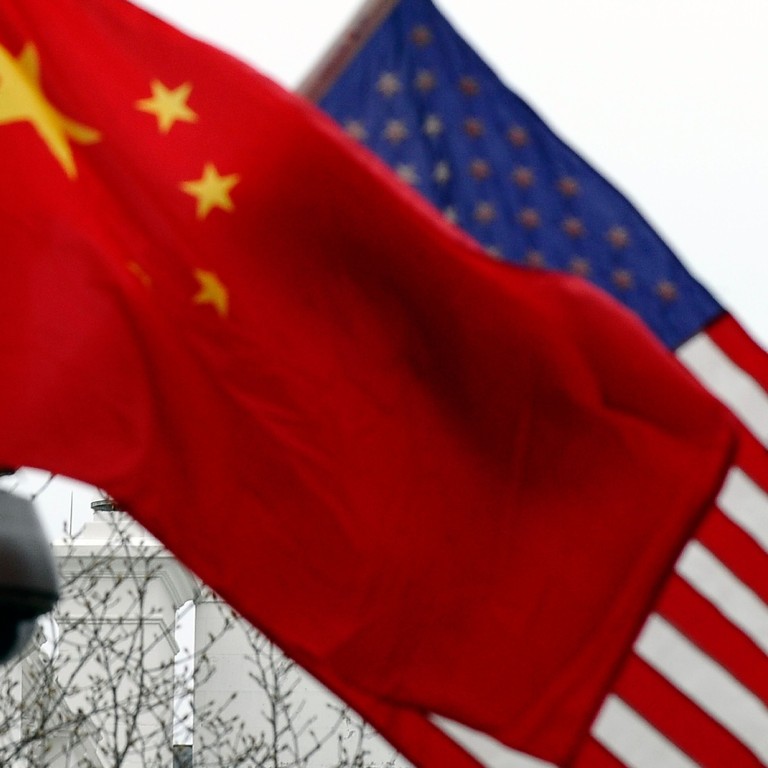
US-China relations: would a Mark Esper visit to Beijing ease tensions, or add to the confusion?
- As the storm between Beijing and Washington continues to brew, the US defence secretary says he wants to improve ‘crisis communication’ channels
- But with the two sides locked in conflict on multiple fronts, observers question what he will be able to achieve
While most observers expect China-US relations to maintain their downward trajectory, at least until the US election, which could see a new administration take over in the White House, others have said the apparent inconsistency in Washington’s moves could provide some positives.
Esper’s comments were certainly a tick in the conciliatory column, and Beijing reacted to them in an equally positive way.

“The military-to-military relationship between the two countries is an important part of Sino-US diplomacy,” China’s foreign ministry said.
Military analysts went further, saying Beijing was likely to welcome Esper, as his visit could help the “cold war” being waged between the two nations from escalating into an all-out military conflict.
New head of US global media purges news outlets’ leaders, raising alarms
Days later, several US officials, including Pompeo and national security adviser Robert O’Brien, travelled to Europe to pressure America’s allies into preventing China’s tech giant Huawei from getting access to their 5G networks.
In the meantime, the US has announced sanctions on Chinese officials for their links to the national security law in Hong Kong and alleged human rights abuses in Xinjiang.
The confusion, according to some observers, is that while the US state department has adopted a tough, no-nonsense stance on China, other policymakers in the US have been relatively quiet.
Chen Long, a partner at Plenum, an independent research agency with offices in Washington and Beijing, said that US trade officials, for instance, were not nearly as aggressive as the state department in their approach to China.
Officials from the two sides were about to hold talks to assess how the phase one trade deal – agreed in January – was being implemented, he said.
Beijing threatens to end BN(O) passport recognition over UK offer to Hongkongers
“Interests are not consistent among different departments,” Chen said.
“The Trump administration has fallen short of clearly articulating its China policy and ultimate goal. What they have done is, in effect, contain China, but the administration has never officially made its intentions clear, only underscored reciprocity.”

But Shi Yinhong, a professor of international relations at Renmin University in Beijing, disagreed.
The Trump administration’s China strategy was very clear, he said, and even if Esper did visit Beijing, it was doubtful it would achieve very much.
“No other US senior official or department has given any indication it supports his [Esper’s] plan, and even he didn’t go into details [about it],” Shi said.
“Trump is not in the mood to hold serious talks with China to prevent a potential military accident [in the South China Sea]. He’s playing extra tough.”
The US president’s position was clear, he said, and “it’s only intensified because of issues like the Covid-19 pandemic and the national security law in Hong Kong”.
Lu Xiang, a research fellow at the Chinese Academy of Social Sciences, agreed with Shi, saying that in what might be the final months of Trump’s presidency, the relationship between Beijing and Washington was unlikely to see much improvement, as everything – including the order to close the Chinese consulate in Houston – was linked to his campaign to win re-election.
“His China strategy is like throwing a bunch of chess pieces about the place,” he said. “But he’s careful not to flip the board or knock over the table as that would push the relationship completely off the track.”

